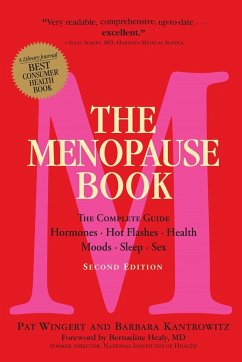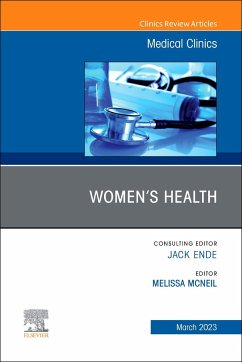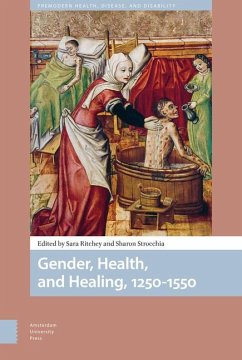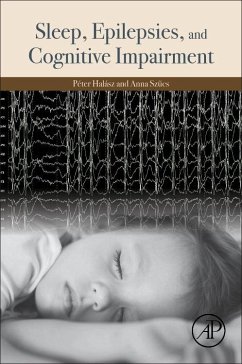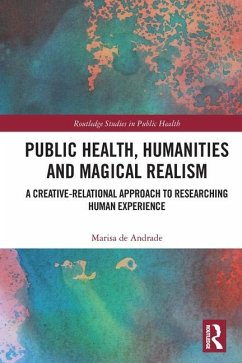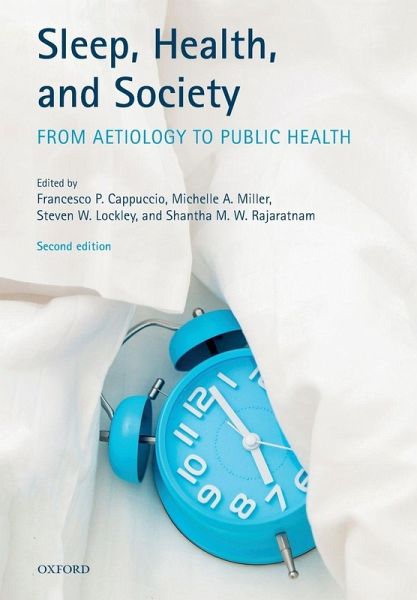
Francesco P Cappuccio
Broschiertes Buch
Sleep, Health, and Society
From Aetiology to Public Health
Herausgeber: Miller, Michelle A; Lockley, Steven W
Versandkostenfrei!
Versandfertig in 1-2 Wochen

PAYBACK Punkte
29 °P sammeln!




This book summarises the epidemiological evidence linking sleep deprivation and disruption to several chronic conditions, and explores the public health implications with the view to developing preventive strategies.
Professor Cappuccio is a cardiovascular physician, a clinical epidemiologist and a public health expert. He trained at Charing Cross Hospital, St George's Hospital Medical School and the London School of Hygiene & Tropical Medicine in London. In 2000 he became Professor of Clinical Epidemiology & Primary Care at St George's, University of London. He is Director of a European Society of Hypertension Centre of Excellence, Head of a World Health Organization Collaborating Centre and President of the British & Irish Hypertension Society (BIHS). He is Fellow of the Royal College of Physicians, Faculty of Public Health, British and Irish Hypertension Society, European Society of Cardiology and American Heart Association. He has published more than 450 papers, chapters and books. Dr Miller obtained her Bachelor of Science Degree (with Hons) in Medical Biochemistry from Royal Holloway College (University of London) in 1986, and her PhD in Biochemistry in 1995 from St Georges, University of London. Her work spans a number of inter-connecting disciplines, including, biochemistry, molecular biology and genetics, epidemiology, medical statistics and population health science. She joined the University of Warwick in 2006 where she established, with Prof Cappuccio, the Sleep, Health and Society Programme. She has published more than 120 papers, chapters and books. Professor Lockley obtained his Bachelors Degree (with Hons) in Biology from the University of Manchester in 1992 and a PhD in Biological Sciences from the University of Surrey in 1997 followed by a post-doctoral fellowship and part-time faculty appointment. In 2008, he was appointed as an Adjunct Associate Professor at Monash University, and in 2013 to Adjunct Professor, before joining the faculty as full Professor in 2014. His research program focuses on the effects of light on circadian rhythms and sleep in both blind and sighted populations, particularly the role of light wavelength, timing, duration and intensity. Professor Rajaratnam was awarded his PhD from Monash University in 1998. He was promoted to Professor in the School of Psychological Sciences at Monash in 2013, and currently serves as the Deputy Head of School and Chair of the Academic Programs Committee. He is Chair of the Monash Sleep Network and leads the Monash Sleep and Circadian Medicine Laboratory. He is Immediate Past President of the Australasian Sleep Association, and is a Program Leader in the Cooperative Research Centre (CRC) for Alertness, Safety and Productivity. He is a Chartered Psychologist and Associate Fellow of the British Psychological Society.
Produktdetails
- Verlag: Oxford University Press
- 2 Revised edition
- Seitenzahl: 268
- Erscheinungstermin: 1. Juli 2018
- Englisch
- Abmessung: 244mm x 170mm x 15mm
- Gewicht: 480g
- ISBN-13: 9780198778240
- ISBN-10: 0198778244
- Artikelnr.: 52615019
Herstellerkennzeichnung
Libri GmbH
Europaallee 1
36244 Bad Hersfeld
gpsr@libri.de
Für dieses Produkt wurde noch keine Bewertung abgegeben. Wir würden uns sehr freuen, wenn du die erste Bewertung schreibst!
Eine Bewertung schreiben
Eine Bewertung schreiben
Andere Kunden interessierten sich für




